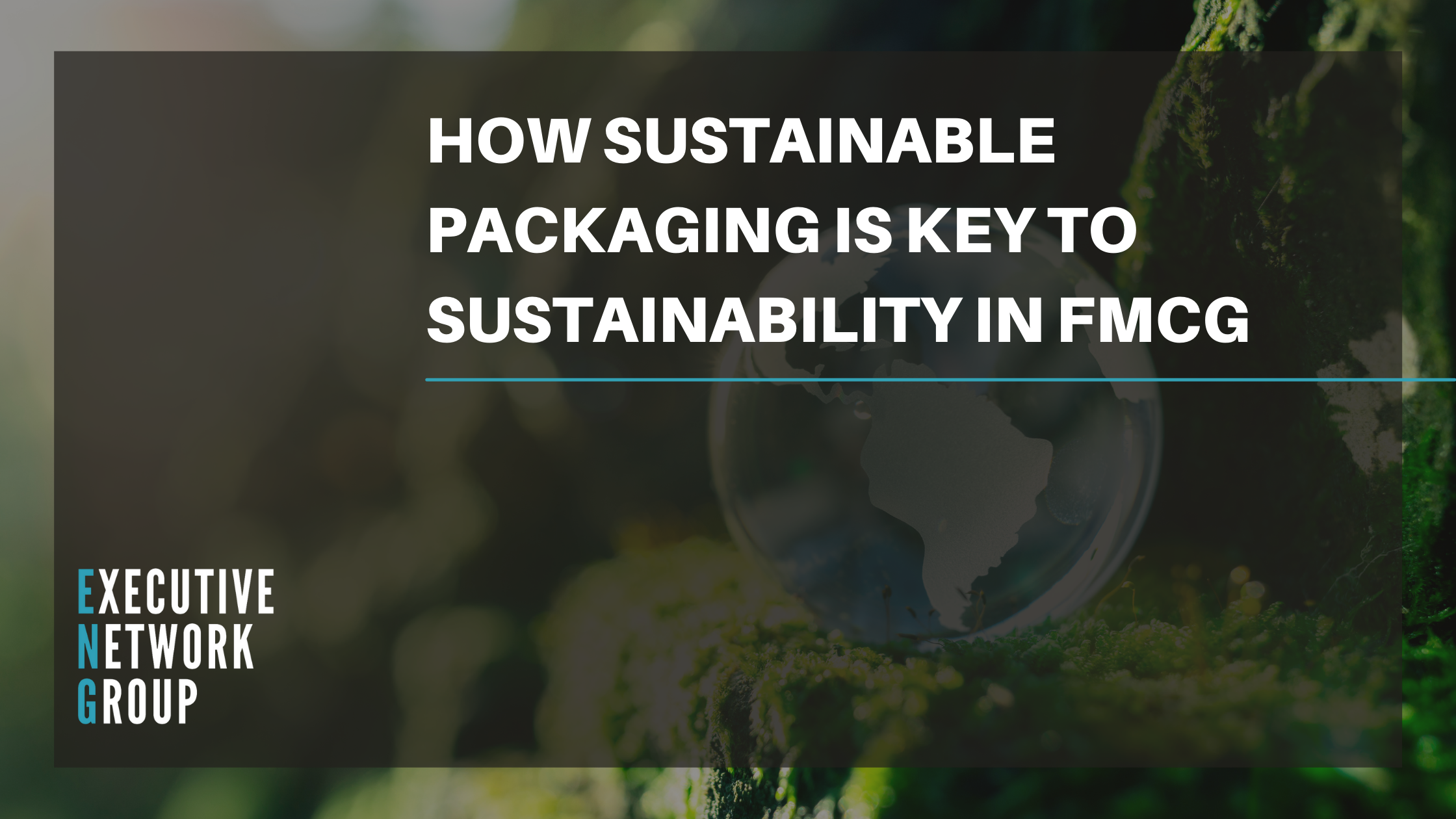The Future of Food Manufacturing
.png)
It’s no secret that the manufacturing industry as a whole was hugely impacted by not only the Covid-19 pandemic, but also the complications of Brexit such as supply chain disturbances.
With technology advancing at an alarming rate in the 21st century, food manufacturing has never been as efficient as it is in the present day. Businesses are taking innovative steps to beat competitors and ensure their processes are streamlined, profitable, and sustainable. The global population is ever-growing, as is the demand for manufactured goods and for old-fashioned businesses, technology may be slowly creeping in and taking over processes that can take years to master.
The future of our planet is somewhat uncertain, with some arguing that carbon emissions and other environmental factors are having a detrimental impact to the lives of billions of people. Food manufacturing is no exception, with approximately one-third of food being lost in the process of ‘farm to fork’ and the UK producing approximately 14 million tonnes of food waste each year. So what can food manufacturers do to curb this issue?
The Covid-19 pandemic has significantly increased technological advances, particularly in industries that welcome the changes, such as food manufacturing. ‘Smart’ technology that involves AI can have exponential success to the industry and increases capability to launch themselves into the future to increase efficiency, flexibility, and in turn, profitability. With business success increasing and digitalisation being at the heart of growth, it allows businesses to react to challenges quickly, whereas in years gone by this may have taken more time instead of being more streamlined.
There are many steps that food manufacturers can take to reduce food waste – with sustainability being a key part of the business world in the 21st century, it’s imperative that organisations clearly outline their strategies for sustainability, especially with eco-consciousness ever growing as each new generation becomes more aware of the impact humans have on our planet.
Educating consumers can have an overwhelming impact on waste reduction. Simply by letting individuals know what they can do to make a difference will automatically begin the thought process of reducing waste. Repeat customers are more likely to make lasting changes as they are reminded every time they look at your packaging.
Packaging can be an incredible way to make a difference. Visually appealing packaging can increase sales, but the quality of the packaging is really the crux of long-term improvement. Technological advances don’t just stop with AI and streamlining the manufacturing process behind the scenes, even packaging can be improved through technology. Some packaging can indicate when food is expired or even make food stay fresh for longer. Recycled and recyclable packaging of courses reduces waste going to landfill, which is also a sticking point for many eco-conscious consumers.
Date information on food packaging can be confusing when several dates are provided, for example ‘sell by’, ‘best before’, ‘use by’ etc. Some consumers prefer to throw food away when it reaches these dates through a lack of understanding, whereas if food expiry dates are clearly labelled, food waste is likely to be reduced.
With sustainability consciousness on the rise, manufacturers have a responsibility to do what they can to reduce wastage and whether that’s through educating consumers, improving packaging or streamlining their manufacturing processes, there are many ways to improve and build a brighter future.

.png)